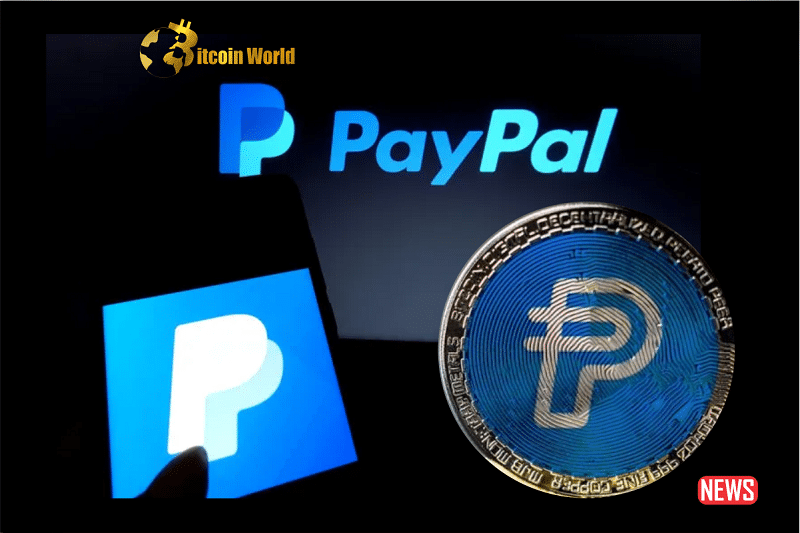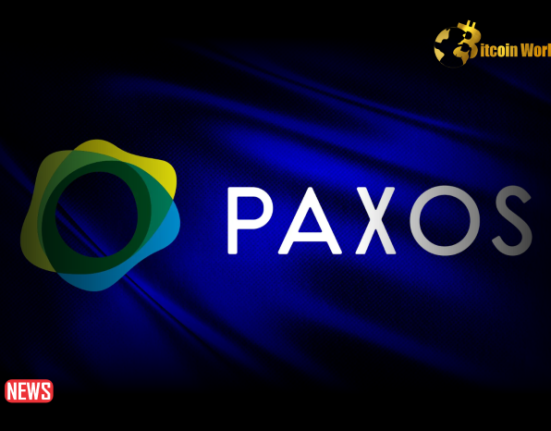PayPal’s recent announcement of the launch of its payment stablecoin, PYUSD, highlights the increasing acceptance and potential of stablecoins in modern payment systems. This move comes shortly after the House Financial Services Committee passed the Clarity for Payment Stablecoins Act. This bipartisan legislation establishes a clear regulatory framework for stablecoin issuers, ensuring consumer protection and creating a uniform federal standard.
Chairman Patrick McHenry, leading the House Financial Services Committee, expressed his support for PayPal’s initiative and stressed the importance of a transparent regulatory framework for stablecoins. He recognized that solid regulations and robust consumer protections are crucial for harnessing the full potential of stablecoins, emphasizing the need for comprehensive digital asset regulation, especially for stablecoins.
The Clarity for Payment Stablecoins Act is designed to create a federal floor for payment stablecoins, ensuring consistent oversight and consumer protection. The legislation balances innovation and regulatory certainty by incorporating successful state-level regulations and best practices. Chairman McHenry highlighted the bipartisan nature of the Act, which acknowledges the vital role of states in regulating digital asset firms.
At this critical juncture, Chairman McHenry underscored the importance of the United States leading the future financial system by enacting legislation that addresses the regulatory challenges posed by digital assets. He called for Congress to continue bipartisan progress on such legislation to keep America at the forefront of digital asset innovation.
Stablecoins, cryptocurrencies pegged to stable assets like fiat currency, offer the potential for efficient and secure digital transactions. However, a clear regulatory framework is necessary to realize their potential and ensure consumer confidence fully. The growing recognition of digital assets as a viable component of the evolving payments landscape is evident.
With regulatory clarity, stablecoins could serve as a robust foundation for the future of payments, offering benefits such as increased efficiency, accessibility, and financial inclusion. The launch of PayPal’s payment stablecoin further demonstrates this technology’s increasing adoption and potential within the financial ecosystem.
The House Financial Services Committee’s endorsement of PayPal’s stablecoin launch and ongoing bipartisan efforts to enact comprehensive digital asset regulation showcase a commitment to fostering innovation while safeguarding consumer interests. Providing a clear regulatory framework allows policymakers to position the United States as a global leader in the digital asset space, driving economic growth and technological advancement for years.














